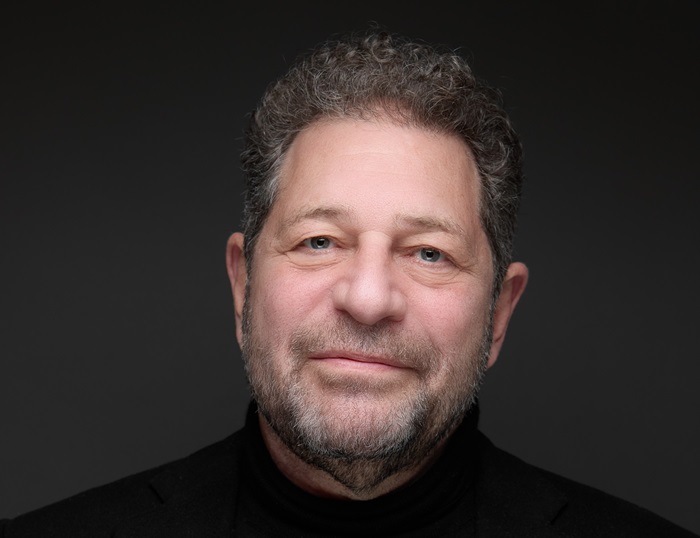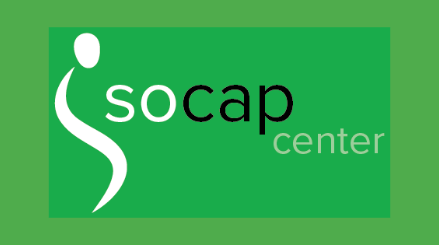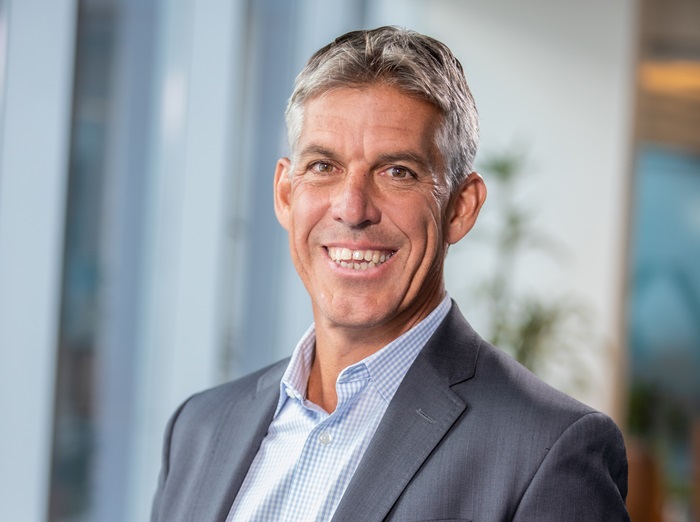Viz.ai Enables VIP Healthcare for Everyone
By Chris Benguhe, RaeAnne Marsh, Elaine Pofeldt | November 16, 2023 11:05 am
Dr. Chris Mansi’s AI creates life-saving communication throughout healthcare.

“We use AI to identify patients faster and get them to the right specialist so they can get the treatment,” Chris Mansi, MBBS, MBA, shared with us in an exclusive interview for Social Capital. Amidst much public furor about technology’s place in the human scheme of things, we had reached out and honored him as a business leader focused on using artificial intelligence to improve people’s lives.
A neurosurgeon who founded Viz out of Stanford in 2016, Dr. Mansi explains its initial use case was to help patients who are having a stroke — a disease that, left untreated, leaves patients disabled or dead. “But if there’s an effective treatment, the patient can walk out of the hospital and essentially lead a normal life afterwards.”
Sharing the experience that ultimately led to his work developing Viz poignantly drives home the value of the program. He and his team had successfully completed surgery on a car accident victim “and were very hopeful for the outcome,” yet the patient died 12 hours later. “And when we looked into the reasons why, it wasn’t what had happened in the operating room. We managed to do the operation in around 30 minutes or so. It was the four to five hours of delay that had happened before — and so I realized that while I’d spent years and years focusing on getting better at these surgeries and the particular medicine around neurosurgery, if I really wanted to improve the system at large, I had to focus on the whole patient journey, the whole system, not the local part of what was happening in my OR.”
Communication is the key element Viz facilitates. Viz uses artificial intelligence to automatically read the scan, whether it’s a brain scan to detect a stroke or a heart scan to detect cardiomyopathy. From that, Chris says, “We’ll alert across the entire hospital system, the patient to the right specialist who is best qualified to diagnose and treat that patient. This reduces the time to treatment dramatically — by over an hour in stroke and by weeks in many other diseases.”
As Chris talks about what Viz actually does, he points out, “This means that the patient’s got a better chance of getting that lifesaving or limb-saving treatment and leads to better outcomes, which is why Viz has been adopted by so many health systems.” In fact, Viz is in 1,400 now across the United States, and CMS recognized Viz with a reimbursement via the NTAP program.
Chris also shares thought-provoking insights on how Viz benefits doctors and hospital administrations as well as patients. As he delves into the ramifications of poor communication among doctors, he points out, “There’s huge efficiency gains, which is so important today because clinical burnout is really a problem.” With more and more treatments and more and more things to do, he says, “There’s more people touching healthcare, and so we want to make doctors’ lives better.” And on the administrative side, in a post-Covid environment where hospital systems are still struggling with operating margins, Chris discusses how Viz enables efficiencies so that “if you get the right patient to the right place and you get the appropriate pain for that patient, you’re able to actually have a more profitable service and put that into hiring more doctors and nurses to provide better care.”
Chris also shares his excitement for the potential of his technological advancement to improve the democratization of healthcare, a timely discussion as headlines continue to spotlight the disparity of access to healthcare. “We’re going to make huge inroads, I think, to almost every disease that affects humans,” he says. “The big problem we’re trying to solve is making sure everyone gets to benefit from those treatments.”
Click on the link below for a front-row seat as Dr. Chris Mansi offers insights to many facets of healthcare and shares his hopeful perspective on what has begun to happen for people.




